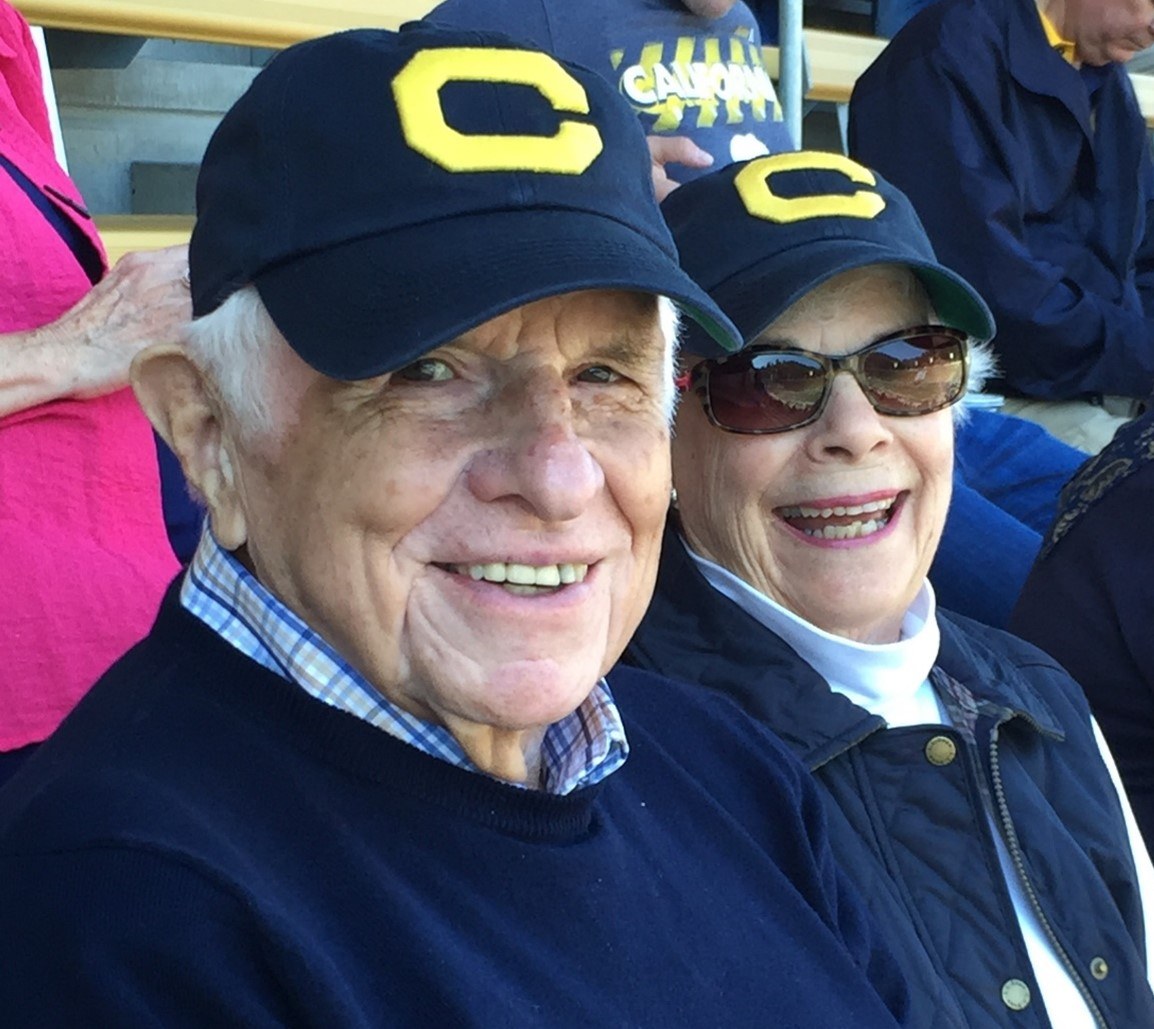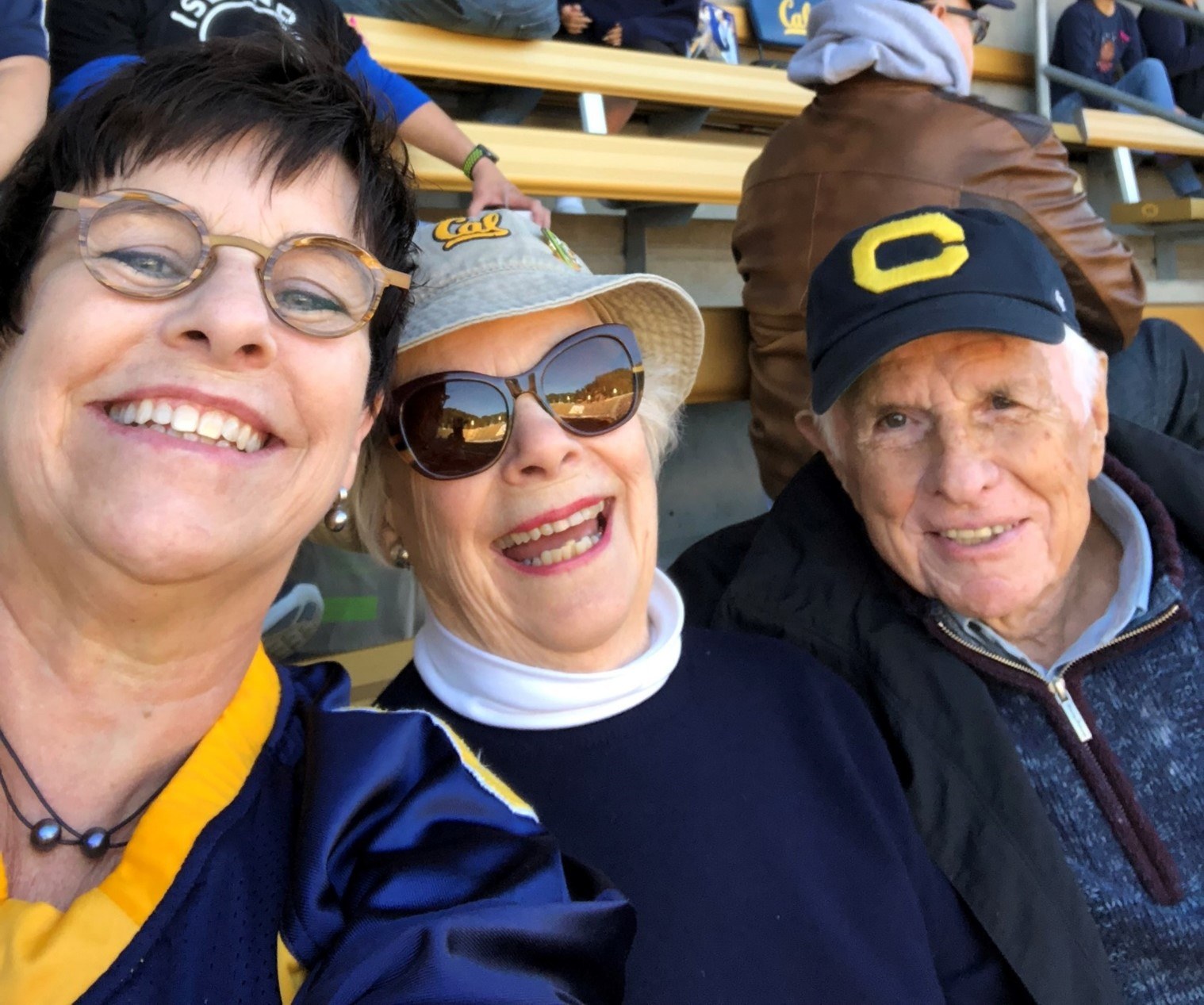To recognize and celebrate International Women in Engineering Day (June 23), we are doing something a little different. This year’s theme is Engineering Heroes. Liz Kleinsorg, our Senior Vice President, Power Practice – is our very own Jensen Hughes hero. A senior leader, entrepreneur, industry expert, mentor, and a highly-skilled mechanical engineer, Liz has chosen to share her story of becoming an engineer and her advice for the next generation of women choosing to pursue a career in engineering.
My path to engineering as a career choice is an interesting one. It started in 9th grade when Ms. Swanson, my math teacher, told me I was good at math. Up to that point, no one had encouraged me, and that slight push gave me the confidence and motivation to work hard. I discovered I enjoyed math. As a kid, I was always interested in power plants – to this day, they still fascinate me! My Dad was a mechanical contractor, and I would go on service calls with him on the weekends while I was in high school. In university, when it became time to pick a major, my Dad’s union organization was offering scholarships to sons and daughters who were majoring in Engineering. And from there, my career was born. My Mom also played an essential part in my early years. She always encouraged me and told me I could do anything or be anyone I wanted to be.
My first job in engineering was with the US Nuclear Regulatory Commission as a co-op student. I visited numerous nuclear power plants and learned all about their safety systems. And to this day, I am a massive supporter of nuclear power.
After graduating from Berkeley with a shiny new degree in Mechanical Engineering, I went to work for a company called Impell. I interviewed many companies, but Impell was filled with energy and purpose and was a great fit for me. I threw myself into becoming an expert in a field that I enjoyed: Fire Protection and Fire Safe Shutdown, services which I still offer today. My passion for those services was valued not only by the company I worked for but also by the clients who came to know and trust me. As I progressed in my career, I learned the immense value of surrounding myself with intelligent people. It really does take a village to deliver quality services, and the peers and mentors I worked with have become lifelong friends and made me a better engineer.
Taking a Leap
Twenty years into my career at Impell (lots of different coffee mugs!), I decided to leave and start my own company, the Kleinsorg Group, in 2000. While it was a risk to go, it has been one of the most rewarding choices in my professional life. It was a challenging but enjoyable time in my life – building teams, talking to clients, and growing the business. In 2004, I sold the company to Hughes Associates, and together we formed the Kleinsorg Group Risk Services, a Hughes Associates Company. This was the catalyst for acquiring other engineering firms to build out the portfolio of services that we have today, ultimately growing from $600K in revenue to a peak of $75M. Through this process, I learned quite a bit about business – something I had not anticipated when I set out in my career as an engineer. During this time, I also learned the importance of always being prepared – you never know what life may throw at you and believe in what you are doing.
You’ll notice that I don’t talk much about the challenges of being a woman in engineering. There indeed were challenges in that regard. But what drove me was to strive to be the best at what I was passionate about. That was always my guiding light, which holds for women today who are considering or pursuing a career in engineering.
For me, that meant:
- Leading the industry in my technical area
- Growing the business
- Building a team
Sometimes, a lifelong passion can start with a tiny bit of encouragement at an early age. According to research done by the Society for Women Engineers, only 7.1% of women in university pursue a major in engineering or computer science, compared to 26.7% of men. Women still make up a small minority of the engineering workforce, and about a 1/3 choose to leave their engineering careers. There is still work to be done, but I hope my story shows that the path to more women in engineering can start small. Thanks to my parents, who gave me the confidence and the encouragement that I needed.

